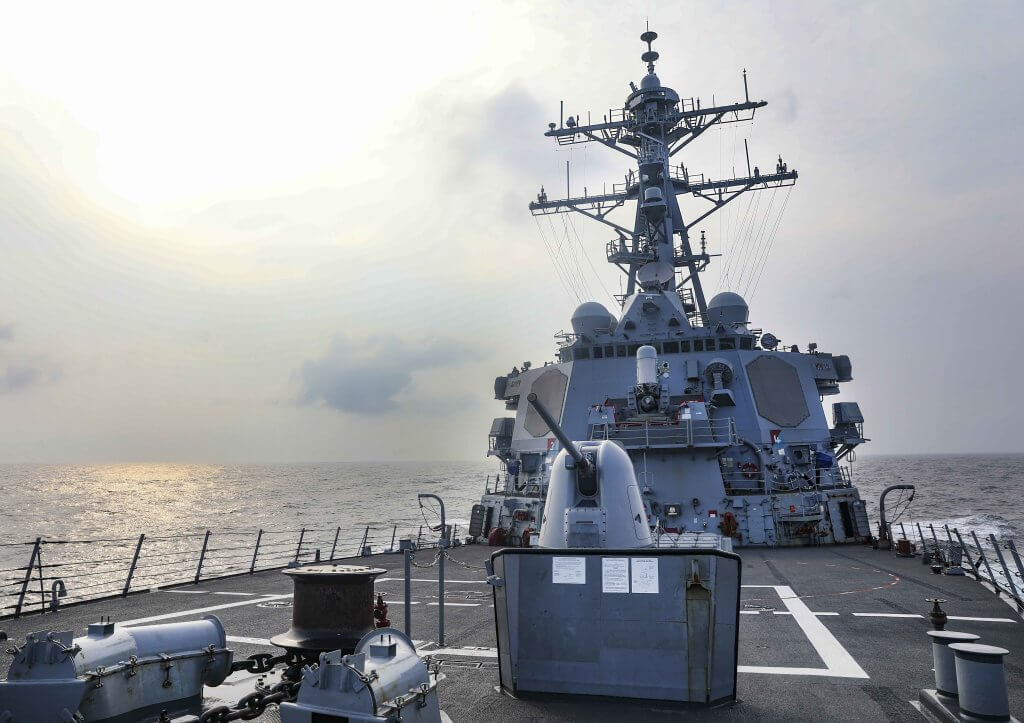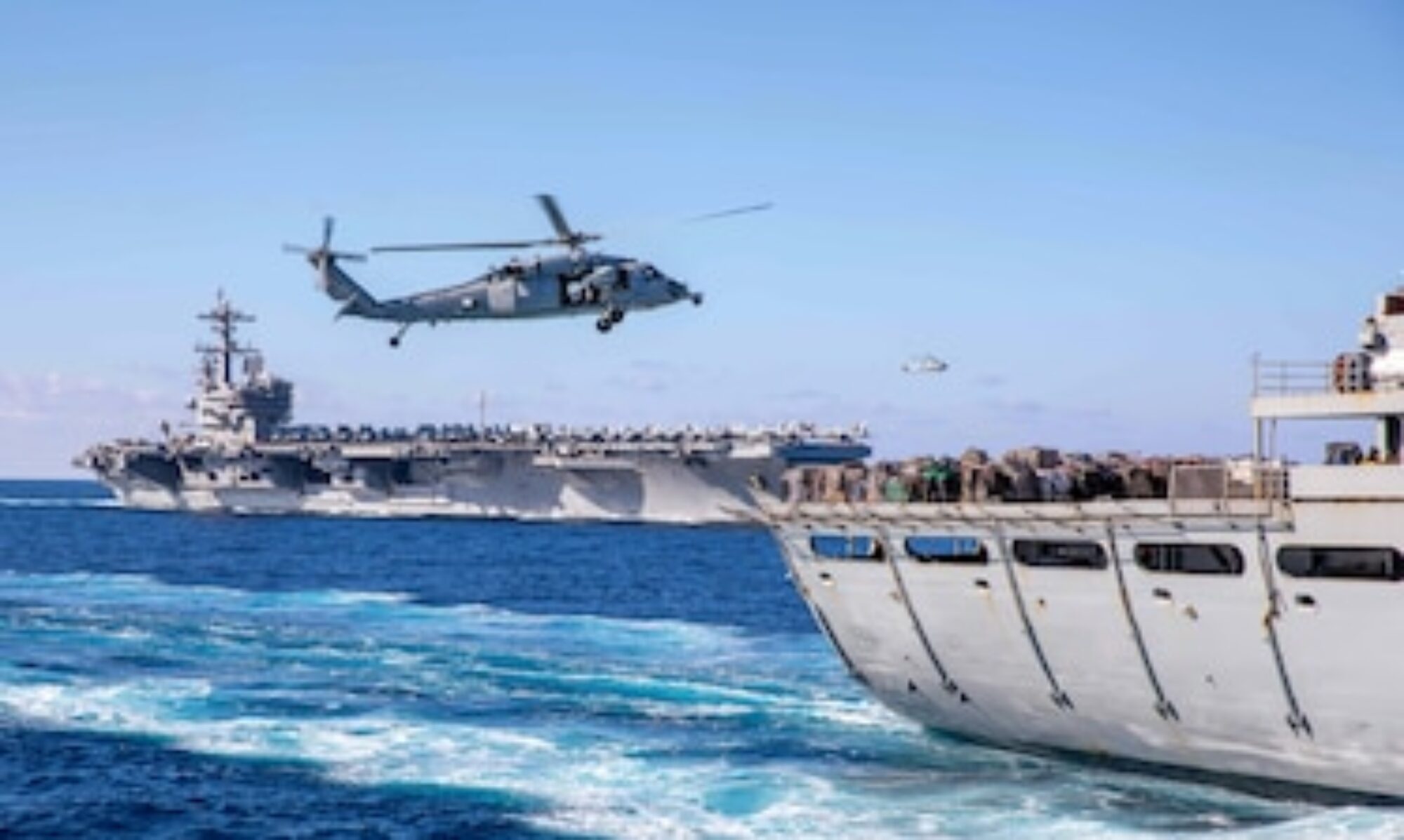
Introduction
In a recent Senate Armed Services Committee hearing, Senator Tom Cotton posed a sobering question to Admiral Samuel Paparo, commander of U.S. Indo-Pacific Command: What would happen to the global economy if China attacked or invaded Taiwan?
The answer, echoed by both military and civilian experts, is nothing short of catastrophic.
Investor Ken Griffin warned that a rupture over Taiwan could send the world into “great depression circumstances.” Ian Easton of the Naval War College has long warned of China’s ability to disrupt global trade and exploit vulnerabilities in the Indo-Pacific. The U.S. Navy and our allies cannot afford to treat these concerns as hypothetical.
Why Taiwan Matters to the Global Economy
Taiwan is not only a leading global manufacturer of semiconductors—it is also a key node in international shipping. Roughly one-third of the world’s trade passes through the South China Sea. Any disruption caused by Chinese military action—especially a blockade or invasion of Taiwan—would choke critical sea lanes and sever the supply chains that power everything from cars to smartphones to critical defense systems.
What Ken Griffin Got Right
In January 2024, Griffin put it bluntly:
“If there were a rupture around Taiwan, it would be catastrophic to both the Chinese and to the American economy.”
Griffin wasn’t talking about market jitters—he was warning about supply chain collapse, capital flight, manufacturing shutdowns, and global financial panic. These effects wouldn’t just hit Wall Street—they would impact farmers, truckers, teachers, and service members alike.
Sea Power Is Economic Poweruh
This is why Americans for a Stronger Navy continues to sound the alarm. The U.S. Navy isn’t just a military force—it’s a shield for global commerce. Sea power ensures stability in the Indo-Pacific and protects the economic lifelines that Americans depend on.
Today’s tools of deterrence extend beyond warships. Ships, drones, AI—they all play a critical role in keeping trade flowing and conflict at bay. Without continued investment in these technologies and the people who operate them, our economy and our alliances remain vulnerable.
Blockade drills and military posturing by China are not symbolic—they are preparation. And we must respond with strategic clarity, industrial readiness, and unwavering public support for naval strength.
Conclusion: Americans Deserve to Know
This isn’t just a military issue—it’s an economic one. The American people deserve to understand what’s at stake, and what it means to be unprepared.
If we fail to invest in our fleet, fortify our alliances, and educate the public, we risk more than just ships—we risk our prosperity.
#StrongerNavy | StrongerNavy.org | #Taiwan | #SeaPower | #EconomicSecurity | #INDOPACOM | #USNavy | #ShipsDronesAI

